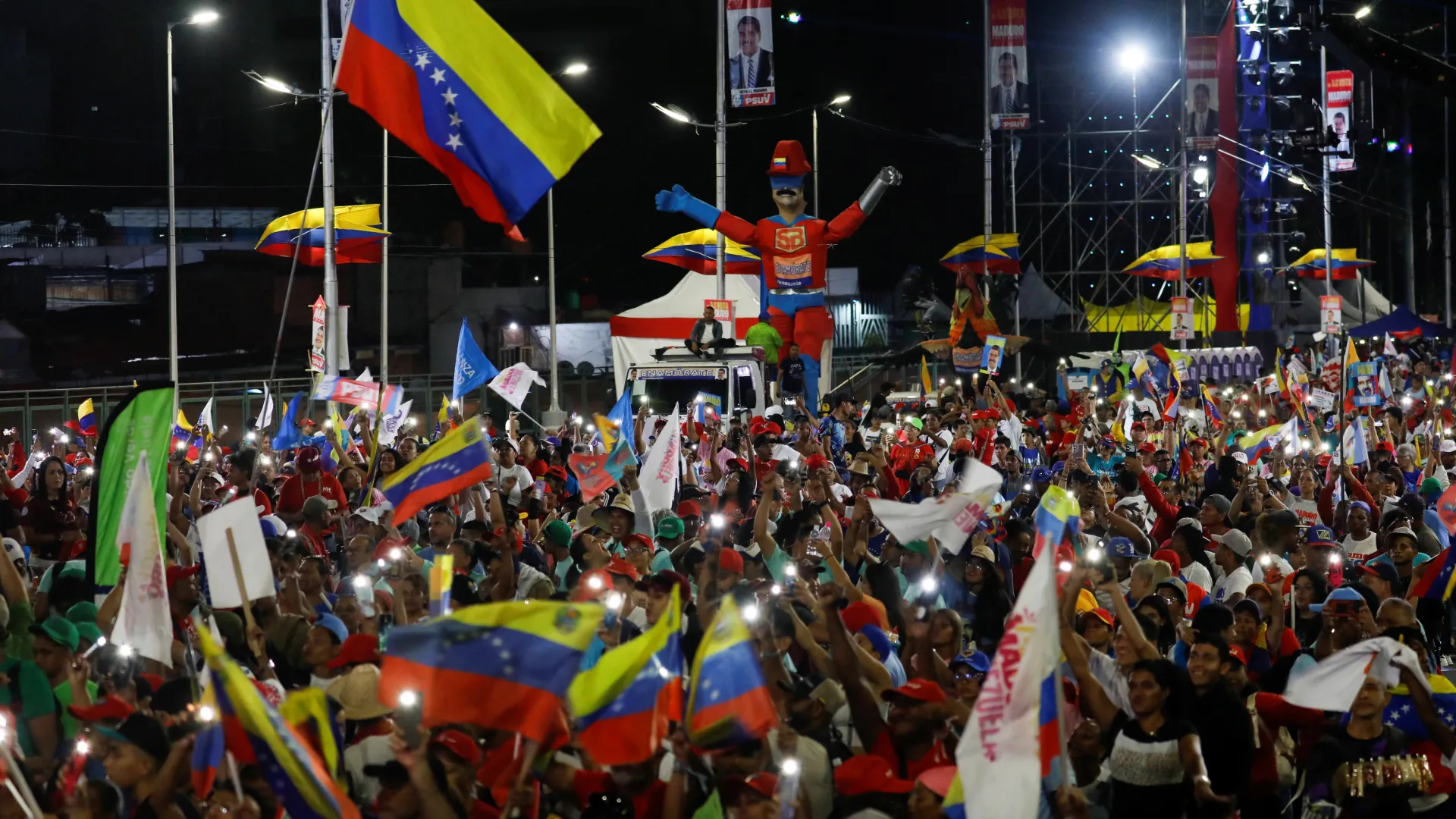As Venezuela approaches its 2024 elections, the political landscape is charged with anticipation, uncertainty, and a critical juncture that could redefine its future. Amidst a backdrop of economic turmoil, social unrest, and international pressure. These elections are set to be a defining moment in Venezuela’s ongoing struggle for stability and democratic renewal.
Context and Background
Venezuela has been grappling with a severe economic crisis for years. Marked by hyperinflation, widespread poverty, and shortages of basic goods and services. Moreover, he country’s political arena has been dominated by the longstanding conflict between the government led by President Nicolás Maduro and opposition forces. The 2018 presidential election, which saw Maduro securing a controversial victory, was marred by allegations of fraud and international condemnation.
The opposition has faced significant challenges in recent years, including internal divisions and external pressures. The interim presidency of Juan Guaidó, who declared himself interim president in early 2019 with international backing, has not yielded the anticipated change. This has led to a complex and volatile political environment as Venezuela approaches the 2024 elections.
Key Players and Their Platforms
1. Nicolás Maduro: The incumbent president, Maduro remains a central figure in the election. Despite facing severe criticism and calls for his resignation. He retains significant support from loyalist factions within the country and key international allies like Russia and China. Maduro’s campaign will likely focus on stability and economic recovery, attempting to leverage any improvements in the country’s economic situation to bolster his position.
2. Opposition Leaders: The opposition, although fragmented, is rallying around several prominent figures. Henrique Capriles, a seasoned politician with a history of challenging the Chavista regime, has emerged as a potential unifying force. Other notable figures include María Corina Machado, who has positioned herself as a strong critic of Maduro and advocate for radical change. The opposition’s challenge will be to present a cohesive platform and strategy that resonates with an electorate weary of political infighting and economic hardship.
3. New Voices: Emerging from the grassroots and civil society, several new political actors and movements are gaining traction. These groups often focus on local issues and grassroots mobilization, aiming to address the immediate concerns of Venezuelans directly affected by the crisis. Their ability to mobilize support and influence the electoral outcome could play a significant role.
Challenges and Concerns
1. Electoral Integrity: One of the most pressing concerns for the 2024 election is the integrity of the electoral process. The opposition and many international observers have raised doubts about the fairness of past elections. Ensuring transparency and credibility in the voting process will be crucial for the legitimacy of the election and the acceptance of its results.
2. Economic and Social Conditions: The dire economic situation and humanitarian crisis in Venezuela are likely to be central issues in the election.
3. International Influence: The role of international actors remains significant. Sanctions imposed by the U.S. and European Union. As well as diplomatic pressures and support from countries like Russia and China, will continue to impact Venezuela’s political dynamics. The international community’s stance on the elections and its recognition of the results will be pivotal.
